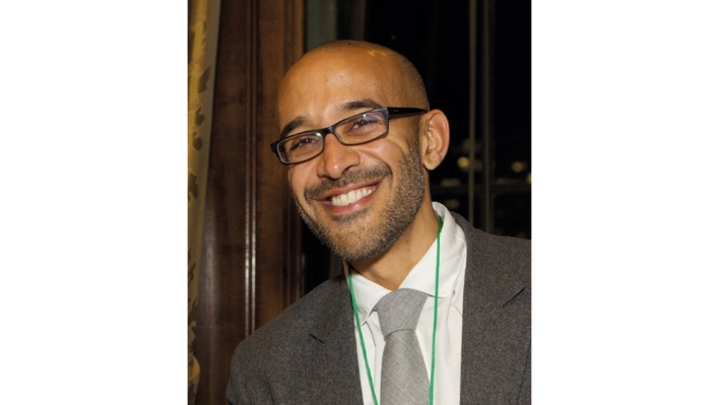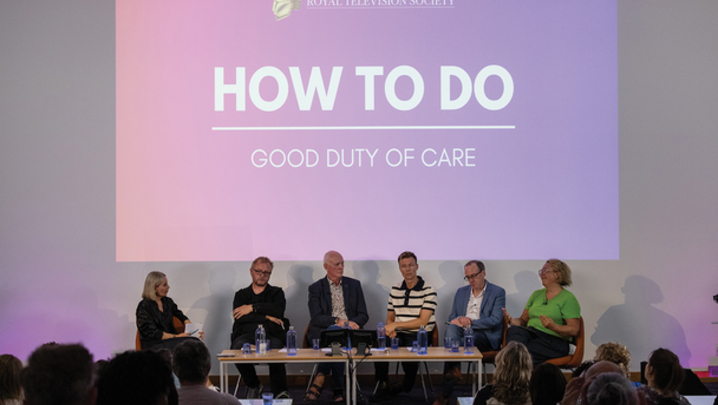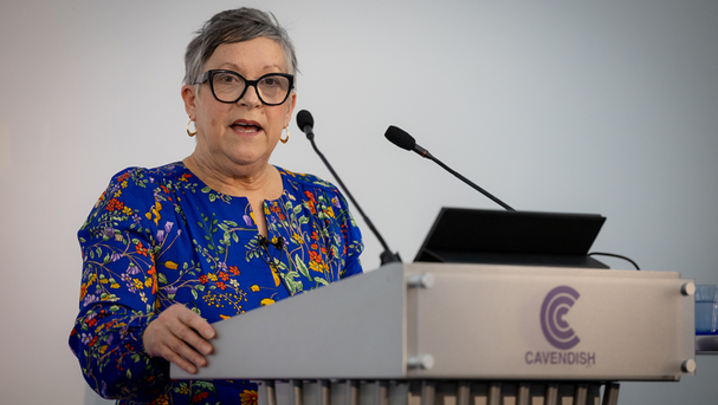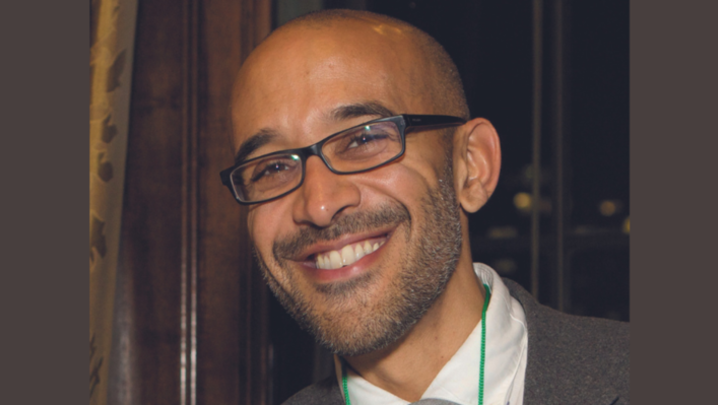Depression and anxiety are very real problems for many in the industry. How can we create a healthier culture?
Belatedly, television seems to be waking up to the mental health crisis in the industry.
Progress is being made but there is still a huge amount of work to do. Even leading campaigners recognise that improving mental health is no easy task, not least in facing up to personal circumstances.
Marcus Ryder, CEO of the Film and TV Charity, arrived at the last possible moment for the RTS National Event on duty of care last month, apologising to the event organisers for oversleeping after leaving work feeling ill. This, he admitted to the audience, was a lie.
In fact, he had been visiting his therapist and was delayed by a late train. “Even in this [safe] environment, my initial reaction was to hide that I’d gone to my therapist, which I do every week,” he said. Recalling his time in BBC current affairs, he added: “I have experienced bullying... and often those people were promoted – rewarded for their bad behaviour in typical large organisational fashion.
“We’re in a crisis,” said Ryder, citing the Film and TV Charity’s latest Looking Glass Survey (see box) on mental health. Progress was “glacial”, he said, but “there are constructive things we can do”.
Jude Spencer is the founder of Dolly Mental Health and co-founder of the new Film and TV Welfare Association, which is trying to bring consistency to mental health support and practices in the industry. The latter was launched in the wake of the suicide of freelance true crime producer John Balson.
Spencer recalled her own period of anxiety and depression: “I found it hard to recognise what I was going through when I was having those experiences. I know what it’s like being on a production – desperate to prove yourself and wanting to impress your bosses and peers, to secure the next job, and feeling so overwhelmed. Although I had a really supportive manager, who was kind and compassionate, he didn’t know what to do or say, or how to support me.”
Line managers, said Dr Paul Litchfield, are crucial “in creating a healthy culture in an organisation”. People look to them to set an example, and “they are the person they listen and talk to if they have problems. The first and main criterion in appointing someone to a management position is that they understand how to manage people. If you do that, the rest will follow.”
Litchfield is an occupational physician who specialises in the interaction between work and health. He is Independent Chief Medical Advisor to ITV. Over a 40-year career, he also worked for BT and advised the World Health Organization and UK Government.
People in TV think their industry is different, said Litchfield. “Every industry says that – the reality is that there are far more similarities.”
He explained that, across all economic sectors, there are six main factors that can put people under stress: demands such as workload; the control a person has over their work; relationships; support; their role; and organisational change.
These risks are enshrined in the Health and Safety Executive management standards, and all organisations must assess the risk of causing harm to the people they work with against these standards. “The first thing to do is a risk assessment; it’s not a big, complicated thing,” said Litchfield. “From that, you can work out, largely using common sense, how to prevent harm or mitigate the effects of it.”
The Film and TV Charity’s online Whole Picture Toolkit helps organisations carry out a risk assessment.

film on mental health (credit: The Film and TV Charity)
Production companies need help, said Tacita Small, who founded the Small HR Company in 2019 to modernise TV, film and theatre’s HR practices. Earlier in her career she had been HR Manager on ITV flagship police procedural The Bill.
Creative people, she explained, have an idea, win a commission from a broadcaster and find themselves making a show with a crew of 100-plus, yet they may “have no people skills”. This, continued Small, “leads to poor working practice [rather] than a culture on the production that ensures it’s safe for people to work”.
Spencer added: “Even the biggest productions struggle with [finding the] time needed to do training and create psychological safety, which is so essential for everyone to feel safe on a production and for harm to be avoided.”
Tome Levi, the founder of the Injury Prevention Consultancy (IPC) and a former conditioning coach at the Royal Ballet School, said there was a link between physical injuries on set and mental health problems. “Anxiety increases the risk of human error, which increases the risk of injury,” said Levi, adding that performers need to feel psychologically safe to raise issues about physical risk. “People are afraid of damaging their professional reputations if they voice safety concerns... and afraid of not being rehired.”
The IPC’s report in March, “The show must go on safely”, found that only 7% of people working across film, TV and theatre always feel able to voice safety concerns that directly impact them.
Yet, as Ryder stressed, TV shows can be made without working excessive, stressful hours. Having put in “mad hours” for the BBC in London, Ryder moved to Glasgow to run BBC Scotland’s current affairs programmes. “People were going home at 5.30,” he recalled. “They were fantastic; I worked there for eight years and we won tons of awards.
“They were married, had families, as opposed to my colleagues in London who, if they were married, their marriage was falling apart. They never saw their families because they were working until eight, nine o’clock.”
Other industries, added Litchfield, have put their house in order. Construction – like television, an overwhelmingly freelance sector – has been cleaned up by “the big companies realising they must act ethically... and that means treating not just the people who are on their payroll but also everyone else who works for them as proper human beings.
“Training managers in how to be human beings is the first thing – [construction] has done it, [television] is doing it. I’ve seen it.”

The RTS National Event ‘How to do: good duty of care for staff and crew’ was held at the Cavendish Conference Centre, central London, on 18 March. It was hosted by the psychologist Michelle White, Co-Director of 6ft from the Spotlight, and produced by Sally Quick and Harriet Humphries
Watch the event in full:






